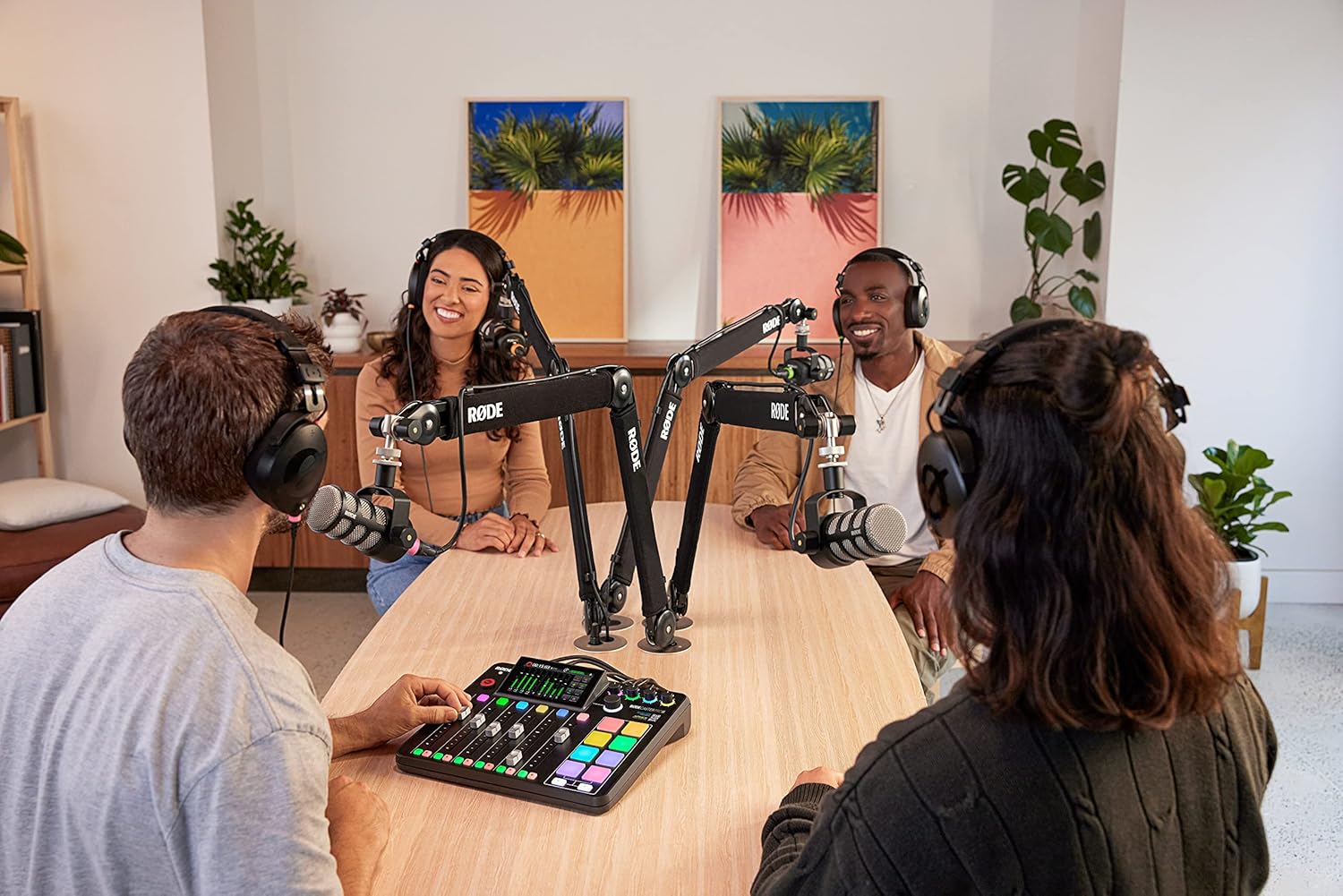How Much Does It Cost to Start a Podcast? (And What You Can Skip)
Studio microphones. Cameras. Lights. Software stacks. Monthly subscriptions.The truth is far simpler: you can start a podcast for almost nothing,
then grow into it only if you enjoy the process.
This guide breaks down the real costs of starting a podcast — what you actually
need, what you definitely don’t, and when spending money starts to make sense.

The Short Answer: What Most Podcasts Actually Cost
- $0–$50 → Testing the idea
- $100–$300 → Committed beginner
- $500+ → Intentional investment (optional)
Most people overspend because they assume podcasting is a gear problem.
It isn’t. It’s a consistency problem.
What You Actually Need to Start a Podcast
Audio-Only (The Simplest and Most Common Path)
If you can make a phone call, you can record a podcast.
- A phone or computer
- A quiet room
- A free recording app
- Free podcast hosting
Audio-only podcasts are still the default for most listeners.
As explored in this look at podcasting’s voice-only future,
listeners care more about clarity and substance than production spectacle.
Video Podcasting (Optional, Not Required)
Video adds complexity, not credibility.
- Built-in webcam or phone camera
- Natural window light
- Free tools like Zoom, OBS, or Riverside’s free tier
Video can help with distribution later, but starting audio-first keeps friction low.
If you’re curious about platform tradeoffs, see
whether YouTube is really a podcast platform.
Podcast Gear You Don’t Need (At Least Not Yet)
This is where most beginners waste money.
- XLR microphones
- Audio interfaces
- Mixers
- Studio headphones
- Paid editing software
- Music licenses
- Cameras and lighting kits
None of these make your podcast successful.
They only make it more expensive.
As argued in podcasting like a pro without sounding like one,
improvement comes from repetition — not hardware.
Free vs Paid Platforms: What Beginners Worry About
Can You Start on Free Platforms?
Yes — and many people should.
- YouTube
- Spotify for Podcasters
- Podbean’s free tier
Free platforms are excellent for testing ideas.
They fall short when control, analytics, or long-term ownership matter.
If you want a deeper breakdown, see
this guide to free podcast hosting.
When Paid Hosting Makes Sense
Paid hosting isn’t about sounding more legitimate.
It’s about control.
This becomes relevant once you care about:
- Reliable analytics
- Feed ownership
- Monetization flexibility
- Platform independence
If you’re weighing options, comparisons like
Podbean vs Buzzsprout
or Buzzsprout pricing
help clarify tradeoffs without pressure.
Is It Scary to Start With Zero Audience?
It feels scary — but it isn’t risky.
Zero audience means:
- No expectations
- No pressure
- No consequences
Early episodes are private practice.
Nobody is judging. Nobody is ranking you.
As explained in
starting a podcast with no audience,
most shows fail not because they were bad — but because they stopped.
Ongoing Costs to Expect (So Nothing Sneaks Up on You)
- Podcast hosting (optional at first)
- Editing tools (optional)
- Website costs (optional)
- Marketing (completely optional)
Most podcasts never exceed a modest monthly spend.
Growth costs are elective — not mandatory.
Start Cheap, Then Grow (The Smart Path)
Phase 1: Try It
Record with what you have.
Publish a few episodes.
See if you enjoy it.
Phase 2: Improve It
Upgrade when friction becomes annoying.
Not before.
Phase 3: Invest in It
Spend money only when the podcast supports a larger goal —
a business, a brand, or a long-term project.
As noted in
incremental vs overhaul upgrades,
gradual improvement beats dramatic reinvention.
Final Takeaway: Start With What You Have
If you wait until your setup is perfect, you’ll never start.
If you start with what you have, you’ll discover what’s actually worth upgrading.
Podcasting isn’t expensive.
Quitting before you begin is.
- Best Podcast Cameras in 2026: Creator Picks for Every Budget
- Yamaha MGX Series for Podcasting: The Practical Guide (MGX12 vs MGX16 vs MGX-V)
- What Is Streamyard, This Weird Tool That Helps You Run a Professional Live Show
- What the “Async” Rebrand Actually Means for Your Old Podcast Files
- Why Serious Podcasters Are Moving to 10GbE NAS